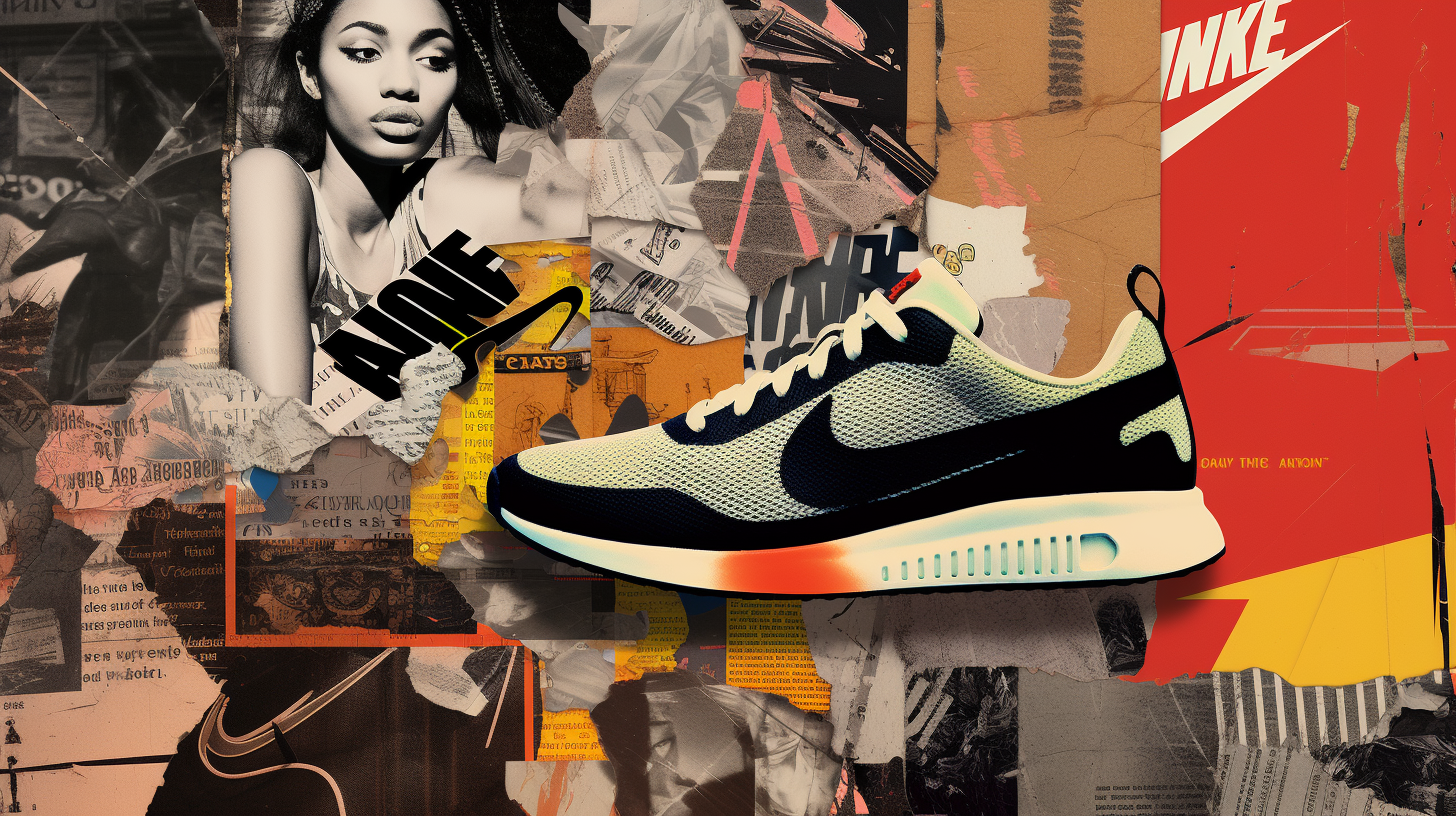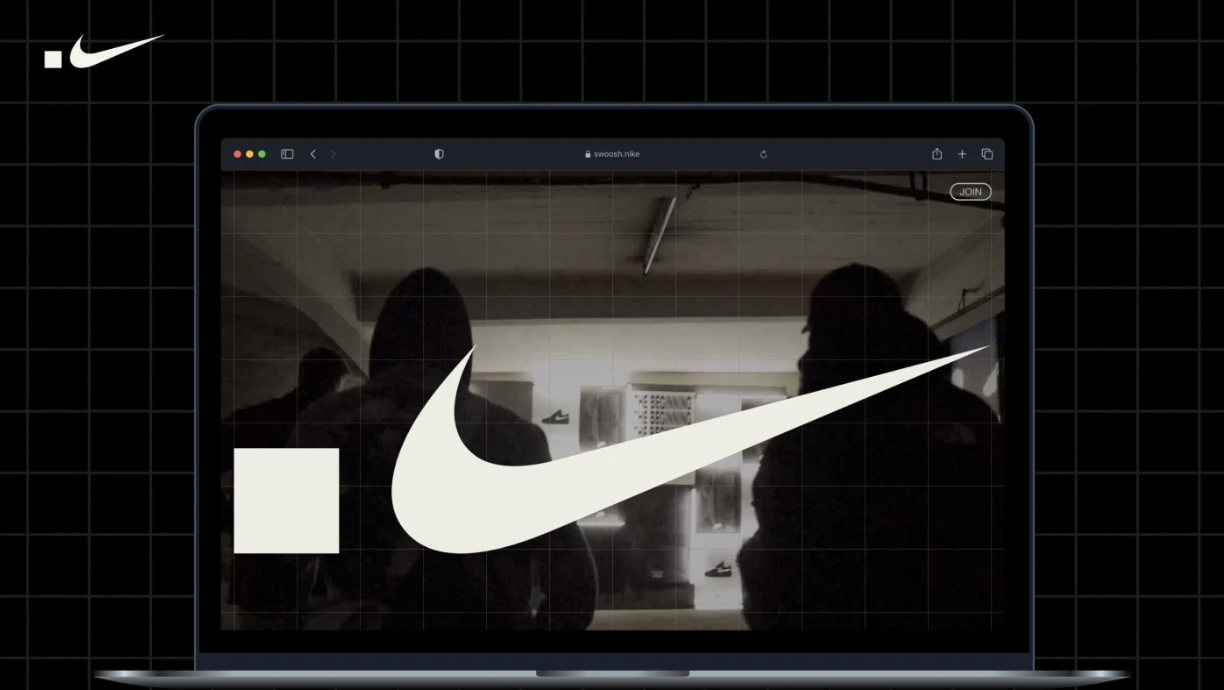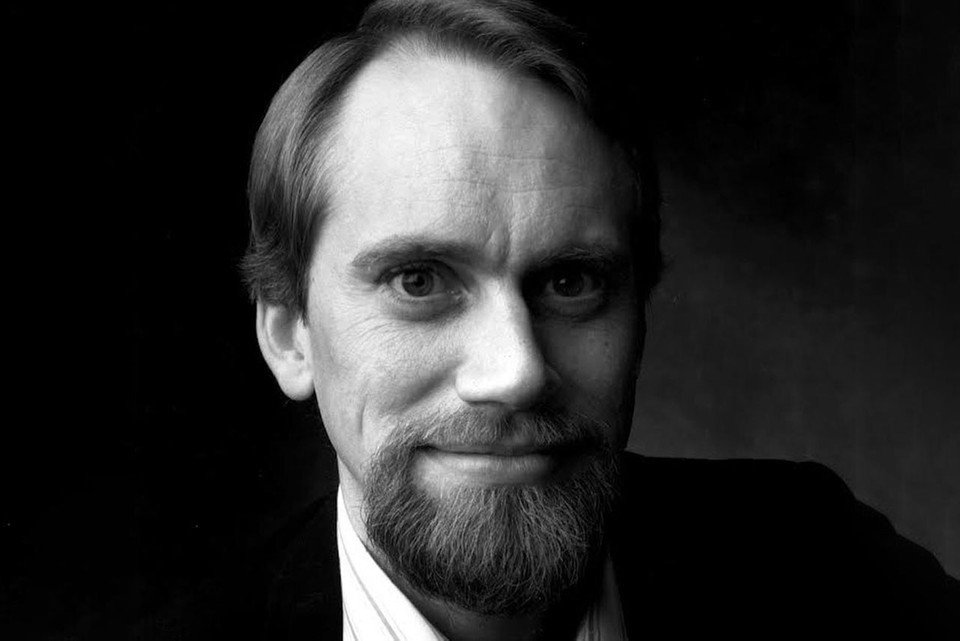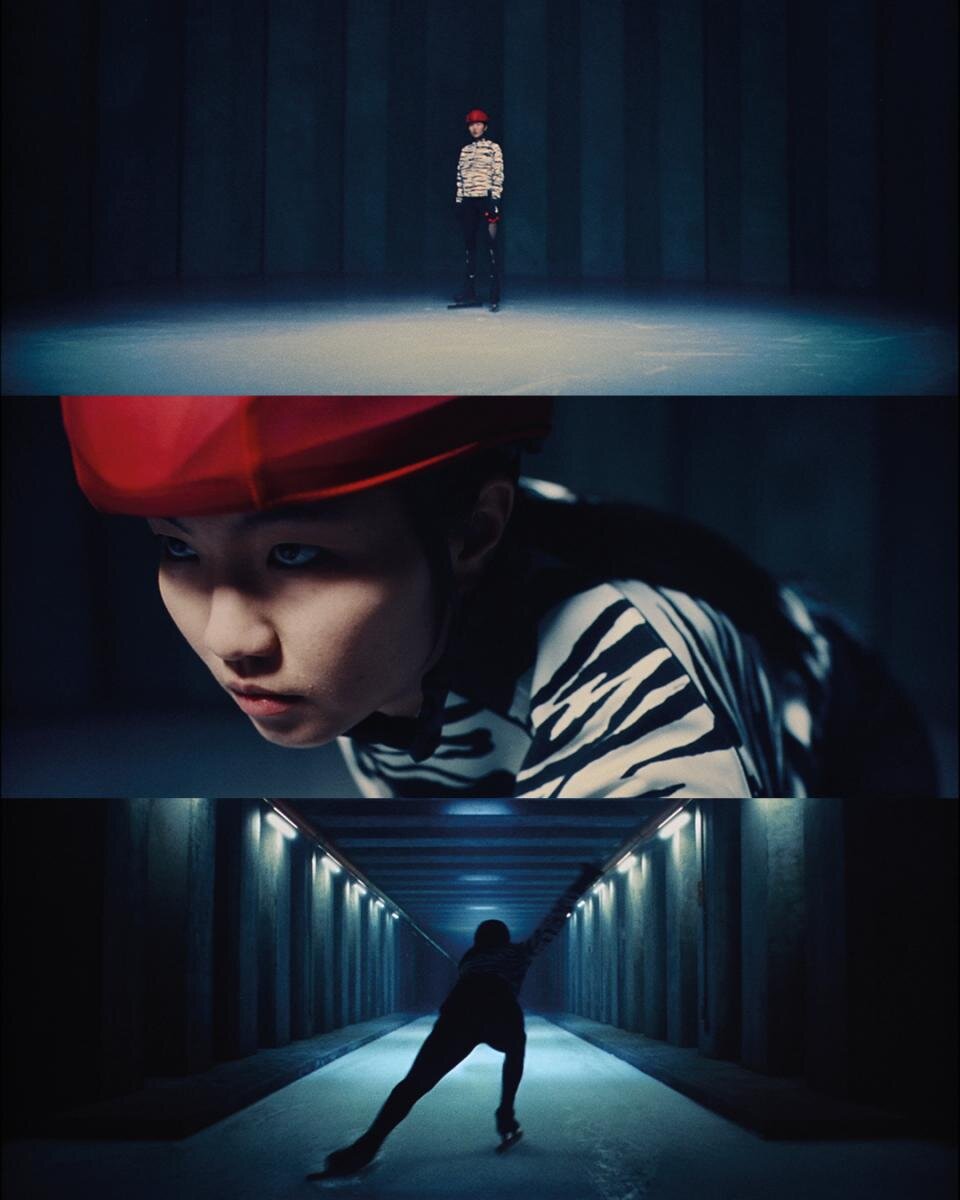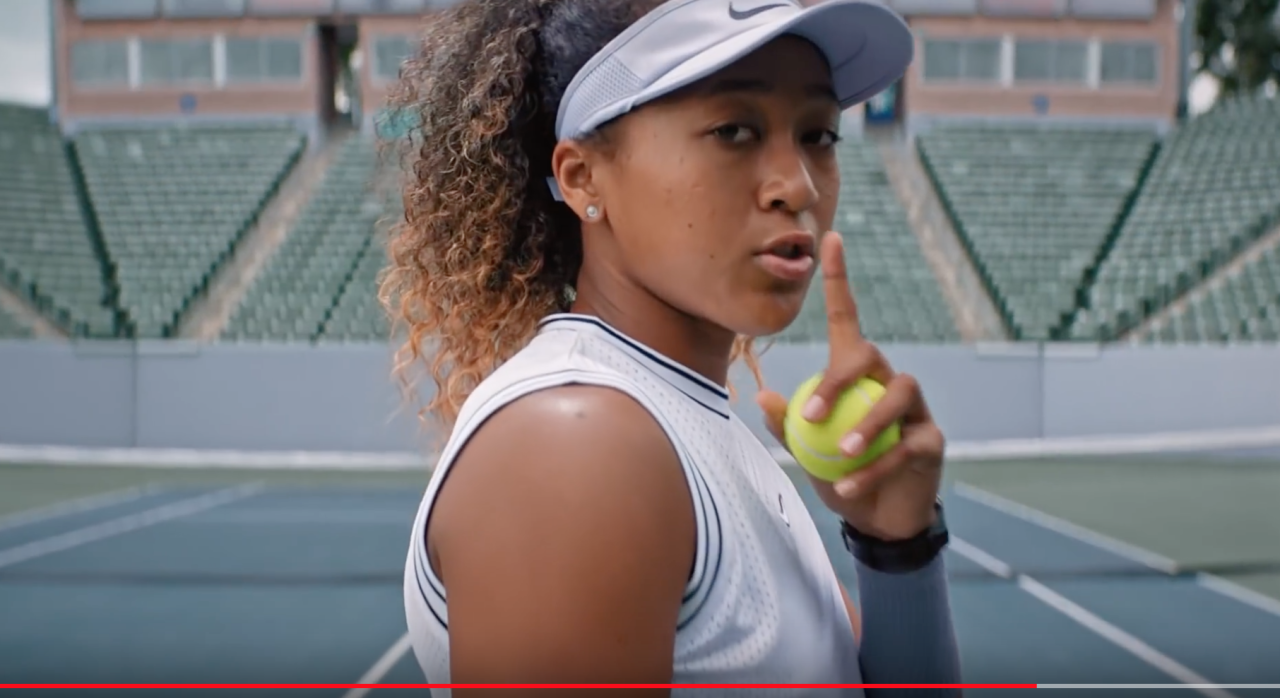This article originally appeared on my SubStack.
I’ve worked with a lot of brands.
I’ve worked with brands in tech, sports, ice cream, travel, fashion, finance, automobiles, airplanes, food, pets, furniture, entertainment, music, crypto and NFTs. Those are the broad strokes.
And there is one brand I’ve worked with more than any other: Nike.
I grew up in Portland, Oregon and fell hard for the mystique of the Swoosh. I was an athlete (varsity basketball in high school, and baseball all the way through a pro tryout after college) and I loved creativity. Nike delivered creativity to athletes in spades. When my baseball career came to an end, I walked right into the shadow of the Swoosh and set out to figure out what the hell was going on there.
How come I had to buy Air Jordans? Why did Nike commercials rival Hollywood productions? Why did everyone I know have posters of Nike athletes on their bedroom walls? How did this company down the road in Beaverton go from selling shoes out of a van into becoming the coolest brand in the world?
My unbalanced curiosity led me to the halls of Nike’s ad agency Wieden+Kennedy. Since then, I’ve spent nearly two decades working on Nike campaigns. First in Portland, then in Tokyo, and now, as I type from Arizona.
Working with so many talented, passionate and experienced people at both Nike and Wieden+Kennedy over the years has been a particular education. All throughout that time I also worked on other clients, which has shown me Nike’s similarities and differences with other brands.
Almost all clients I’ve worked with have asked me what it’s like to work on Nike. Some clients even set the specific bar of hoping to make the kind of work that Nike does. You can even find clips on YouTube of Steve Jobs praising Nike’s advertising and brand strength. (Jobs used to actively hire former W+K employees with Nike experience to work on Apple’s advertising. A hiring principle that continues to this day.)
So, what is it that makes Nike able to function as such a potent brand? Even as it has expanded into becoming such a multinational corporate juggernaut? How has it retained its brand power? What has Nike and its agency partnerships done to keep its advertising and branding as the bar other brands aspire to?
There is no easy answer. But I can give my observations from my career of working with Nike and comparing it to other brands.
The standard is clear and extremely high. It’s not easy selling an idea to Nike. They’ve been going for decades and have executed a wide diversity of work in that time. When you are trying to come up with ideas for Nike Football or Nike Basketball, nothing you present can resemble anything they have done in the past. Each assignment demands a fresh and specific insight. On some campaigns, I’ve written nearly a hundred scripts, just to sell one. Other brands I’ve worked with have high standards, but clients are rarely deeply versed in the work that came before their time.
Nike is a belief system. Working on Nike can veer into cultish territory. There are beliefs and quotes that come from co-founders Bill Bowerman and Phil Knight. “If you have a body, you’re an athlete.” There are also north stars that have been established in previous ad campaigns. Mantras like “You don’t win silver, you lose gold,” and “There is no finish line.” These beliefs become proof points that you can filter work through. Clients will look to these truths to judge your ideas. You need to understand what Nike believes, not just what you think will be cool. If you can ground your ideas in the brand beliefs and you’ll give your ideas a better chance. Many other brands I work with speak of core beliefs, but it feels more like an intellectual exercise. Some brands are always trying to reinvent what they stand for. Nike knows who they are.
The voice of the athlete is queen. At most brands, the buck stops with some senior client. At Nike, the athletes themselves wield incredible power. I’ve seen situations where a client was tepid on an idea, but once it got the thumbs up from an athlete, it was game over. Once an athlete likes something, it’s sold and you go make it. On other brands, sometimes it’s hard to actually pinpoint the final decision maker. At Nike, there is always the “threat” that an athlete will come in and make the call. This adds tension and focus to the whole development and approval process. Brands who do identify a single decision maker usually make the most singular and impactful work in my experience.
They take it personally. (aka everyone cares) Phil Knight famously doesn’t believe in “testing.” This has created a culture that empowers decision makers. For better and worse, clients at Nike are encouraged to develop their own taste and stand by their decisions. This can lead to very subjective debates. But the end result is that all of the work that gets made has real human spark and emotion behind it. Someone made the decision because they personally liked it. No putting it to a committee vote or anonymous room of people off the street. You can feel the human touch and quirk in the finished product. Some brands I’ve worked with operate as a democracy. They give the power to testers or take a vote and listen to the opinions of even the most disengaged participant. This is the opposite of taking it personally, and leads to watered down, please the masses type of work.
They’re competitive as hell. Nike’s operating system and business engine is competition. Being founded by athletes and coaches, everything is a win or lose proposition. Nike clients want to outshine each other. One hit project can make a career. This creates active excitement and immense pressure. There is a constant push to make the work better and finesse the details. It’s not a matter of making comments just to say something (something I have experienced on other brands that actively makes the work worse.) Nike clients are smart and driven, because they are in the game to win not just build a resume.
Everything comes back to sports. Everyone at Nike can talk sports. Even if a client isn’t an athlete themselves, they find a way to respect and honor sports. I’ve worked with tech brands whose clients didn’t really understand or appreciate the tech. I’ve worked with travel brands whose clients just saw the job as a marketing role. At Nike, everything ties back to a love of sports. Being nimble with references, historical performances, play styles and the latest rising stars will serve you extremely well. This passion permeates all levels of the work. This intensity of passion is hard for other brands to manufacture. At Nike, love of sport runs to its core.
They have a tight strategic playbook. Before a project comes up, the brief and strategy are super clear. Sometimes, as a creative, the strategy portion of the process takes too much time. But the end result is a clear target and set parameters to operate in. From there, judging and debating work becomes almost a legal exercise. Every detail of an idea must be justified back to the core strategy. This can be infuriating when you are in the weeds trying to get a project green lit. But the intention and purpose behind this is to make sure the work stays on target. Of course human opinion does enter the process, but with a defined strategy, arguments on both side need to have logic to them. I’ve never seen anything close to the level of rigor that working on Nike demands at another brand. In my experience, this comes from a lack of strategic clarity. Both strategic business thinking as well as creative strategy.
No one is just taking up space. I once presented a campaign to a blue chip tech company. The presentation was in a classroom setting. I was up front in the “teacher” position. Looking out, were THIRTY CLIENTS sitting in school desks. None of them looked at me. All of them were typing on their laptops. We somehow sold the campaign, but given the odd circumstances, it didn’t “feel like a win.” Contrast that to Nike, where I have routinely presented to one or two clients. Sometimes there are more stakeholders from other functions, but I’ve rarely presented to more than ten clients. This results in intimate presentations that feel more like conversations. Now, when these things go wrong, it can get really uncomfortable. But mostly, it just feels like a partnership. You know the other side is invested and leaning into the work. Reactions are natural and immediate. You know where you stand. And it’s not at the head of a class with rows of disengaged “students.” How that will ever lead to great work, I’ll never know.
Small talk matters. We’ve all been in those awkward pre-meeting moments. We talk about our weekends or what we ate for dinner. No one really cares, but it’s better than sitting in silence. With Nike, it’s all about “did you see the game last night?” and “Do you think LeBron’s gonna break the record?” Even in the idle chit chat, it’s a chance to show your love of sport and credibility knowing what’s going on. The end result: those head nods and approvals later in the meeting are a little easier to come by. I have seen fruitful small talk on other brands. Like the creative director I worked with who seemed to know IKEA’s entire catalogue and store layout even better than the clients. This also led to smooth relations and approvals.
Everything is marketing. (aka your product is marketing) This is a big one. Nearly every other brand I’ve worked on has treated marketing as a kind of add on. The marketing department is called in after a product has been developed and is tasked with selling it to the masses. At Nike, marketing is baked in to the genesis of every product. Even working at an agency, I was sometimes invited to meetings with product developers to brainstorm how the story of that product could come to life. I’ve also seen products at Nike that didn’t crack their' “story” get shelved. Nike demands that each product “says” something. That’s not something that’s added on later. It’s a part of the big bang of each product’s creation. One brand I’ve worked on stands out as coming close, and that is Airbnb. When I worked with them, they were very advanced in also seeing the benefit of a product feature coming with an innate story. Involve your storytellers early, folks. Your business results will thank you.
Everyone wants to be Nike. They’ve cracked the code and have been executing for decades. But it’s not as easy as setting the brief to “Make a Nike style commercial for (Brand X)” Nike is the result of all sorts of beliefs, elements and working styles that come together. It’s not a switch to be flipped. If you want to achieve what Nike has, you have to dig deeper. And maybe you need to ask your brand uncomfortable questions. What do you believe in? Do you care about the work or are you just here for your resume? Does your brand have a north star? Or are you just doing whatever worked at your last job?
Nike is a unique (and actually pretty funky and chaotic “in a good way”) organization. Not every brand will have the intrinsic elements that Nike does. But every brand can aspire to be better. Every brand can commit to being more personal and human. And everyone that works on other brands can apply what works at Nike to what they are doing on a daily basis. The main thing comes down to care and responsibility. If you are willing to let go or roll over when you feel a project going off track, resist. The more you can find a way to do things that you believe in and connect with, the more your brand will benefit. The best brands outside of Nike I have worked with, have had their own versions of what makes Nike successful. The good news is, every brand can get better. Even Nike. Make it your mission to figure out how.
